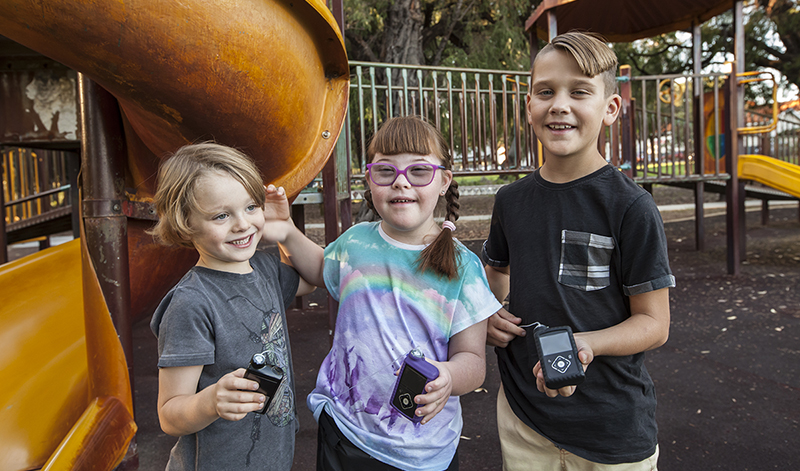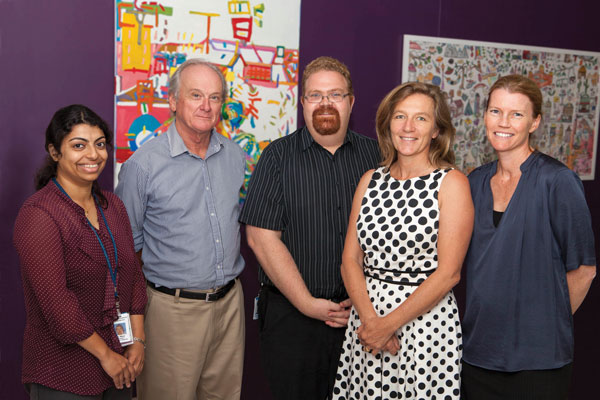Search
Research
Effect of a Hybrid Closed-Loop System on Glycemic and Psychosocial Outcomes in Children and Adolescents with Type 1 Diabetes: A Randomized Clinical TrialHybrid closed-loop (HCL) therapy has improved glycemic control in children and adolescents with type 1 diabetes; however, the efficacy of HCL on glycemic and psychosocial outcomes has not yet been established in a long-term randomized clinical trial.
Research
The Impact of the Metabolic Syndrome and Its Components on Resting Energy ExpenditureWe determined whether metabolic syndrome (MetS) and the increasing number of its components influenced the resting energy expenditure (REE).
Research
Effects of Dietary Fat and Protein on Glucoregulatory Hormones in Adolescents and Young Adults With Type 1 DiabetesDietary fat and protein impact postprandial hyperglycemia in people with type 1 diabetes, but the underlying mechanisms are poorly understood. Glucoregulatory hormones are also known to modulate gastric emptying and may contribute to this effect.
Research
Youth-onset type 2 diabetes among First Nations young people in northern Australia: a retrospective, cross-sectional studyLiz Davis MBBS FRACP PhD Co-director of Children’s Diabetes Centre Co-director of Children’s Diabetes Centre Professor Davis is a paediatric

News & Events
Child health research made possible through Telethon’s supportThe generous support of Western Australians through Channel 7’s Telethon is helping to fund life-changing child health research, with two The Kids Research Institute Australia researchers awarded significant grants.

News & Events
First Early-Stage Type 1 Diabetes Clinic underway in WAAn Early-Stage Type 1 Diabetes (T1D) Clinic aims to revolutionise diabetes care and support families navigating the beginning of an early-stage T1D diagnosis.

News & Events
Five things that may surprise you about type 1 diabetesProfessor Liz Davis reveals five things you might not know about type 1 diabetes.

News & Events
Cholesterol and blood pressure drugs help teens with diabetesThe study involved screening young people to learn more about the development of long-term kidney, eye and cardiovascular complications in adolescents with T1D.

News & Events
Handing over the reins: letting teens take charge"This system definitely helped with my diabetes management, especially overnight, and helped to keep my blood sugars as stable as possible which was fantastic,"

News & Events
High hopes for preventing lowsResearchers led by the team at the Children’s Diabetes Centre at The Kids have taken a key step to a fully automated closed-loop insulin delivery system.
